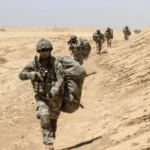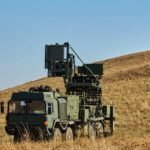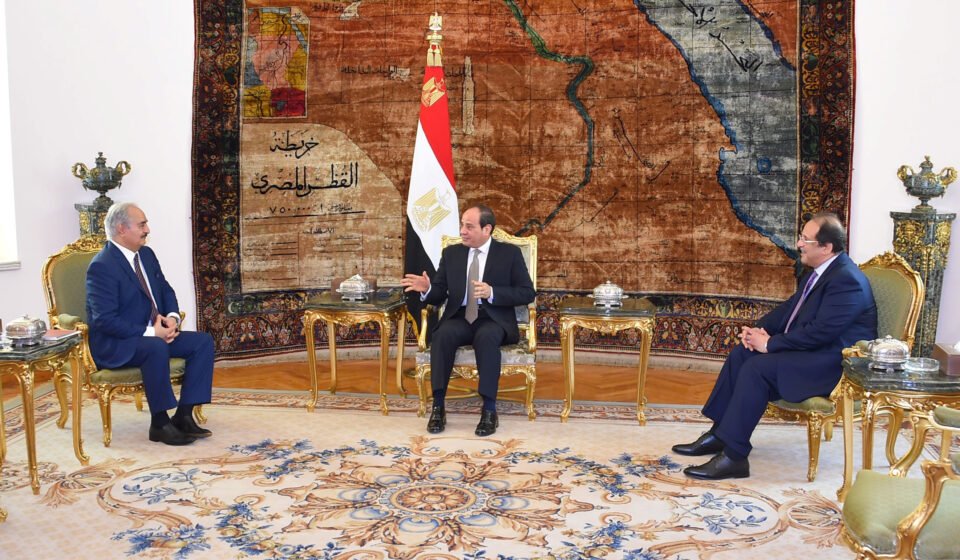
Egypt’s Strategic Role in Eastern Libya
Egypt’s military presence along the Libyan border, arms transfers and training efforts have made it a pivotal actor in the Libyan conflict with implications for regional stability and great-power competition.
Table Of Content
Egypt’s National Interests in Libya
Egypt sees Libya’s stability as a direct extension of its own national security. Primary concerns include preventing the infiltration of armed groups across its western border, curbing arms smuggling and countering some factions such as the Muslim Brotherhood. Cairo aims to support the emergence of a political and military order in Libya that aligns with its and its Gulf allies’ interests. The declaration of the Sirte-Jufra line as a red line marked a shift from defensive posturing to a more assertive regional policy aimed at curbing Turkish influence near Egypt’s frontier.
Strategic Alliance with Eastern Libya
Egypt’s military involvement began in 2014 with direct support to General Haftar’s forces, coinciding with Cairo’s post-2013 coup alignment with the UAE. LNA’s operations against ISIS in Benghazi and Derna were pivotal in solidifying Egyptian support. Shared hostility toward the Muslim Brotherhood also fostered a deeper and more durable bond.
Both Egypt and Haftar have called for the removal of foreign forces from Libya, yet UN reports confirm that both the Tripoli government and the Eastern administration have relied on foreign mercenaries. These calls have thus become more about political positioning than genuine demilitarization.
Egypt has also actively lobbied the UN Security Council to ease the arms embargo under the pretext of counterterrorism, advocating for measures that would primarily benefit Haftar’s forces. Coordinated meetings between Egypt the UAE and other allies have aimed at shaping the conflict’s military and political dimensions.
Military Cooperation and Support
Egypt has provided comprehensive military, logistical and advisory support to the Eastern Libyan authorities. Egyptian air forces have conducted counterterrorism airstrikes inside Libya, and new military bases were constructed near the border for rapid deployment.
Notably, Egypt has offered military training and organizational support to Haftar’s Libyan National Army (LNA), aiming to transform its disparate militias into a more disciplined force. Soviet-era aircraft such as MiG-21s and MiG-23s have reportedly been repaired at Egyptian military bases and returned to service.
Arms Transfers to Eastern Libya
Despite the UN arms embargo in place since 2011, Egypt has supplied weapons and equipment to the LNA. These include TAG Terrier LT-79 armored vehicles, BMP-1s and Egyptian-made Fateh-4 mine-clearing rocket systems. The full extent of these transfers remains unclear due to a complex logistics network coordinated with the UAE.
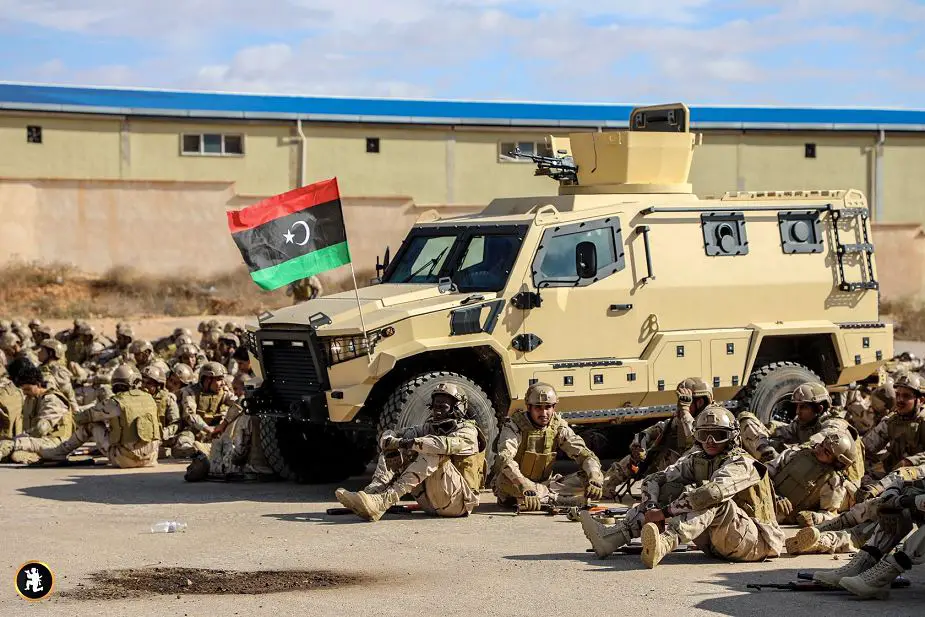
Military Presence Near the Libyan Border
Egypt has significantly bolstered its military presence near the Libyan border by establishing bases such as Mohamed Naguib and Sidi Barrani. The Mohamed Naguib Military Base was officially inaugurated on July 22, 2017 and has been promoted as the largest military base in the Arab world. Located along the Mediterranean coast in the El-Hammam / Matrouh region, its proximity to Libya makes it a strategic hub, particularly for military operations and training-support activities related to Libya.
The Sidi Barrani Base, situated in Egypt’s western region near the Libyan border, is considered a critical and covert military facility. It is believed to function as a secretive operational base. A BBC report revealed that UAE Air Force Mirage 2000 jets were stationed at the Sidi Barrani airbase.
Additionally, Ilyushin-76 cargo planes from the UAE were recorded landing at this base at various times. It was also discovered that, following a drone strike on Tripoli in January 2020 carried out by Wing Loong UAVs based at Libya’s Al-Khadim Airbase, these drones were later relocated to Egypt’s Siwa Air Base, also near the Libyan border.
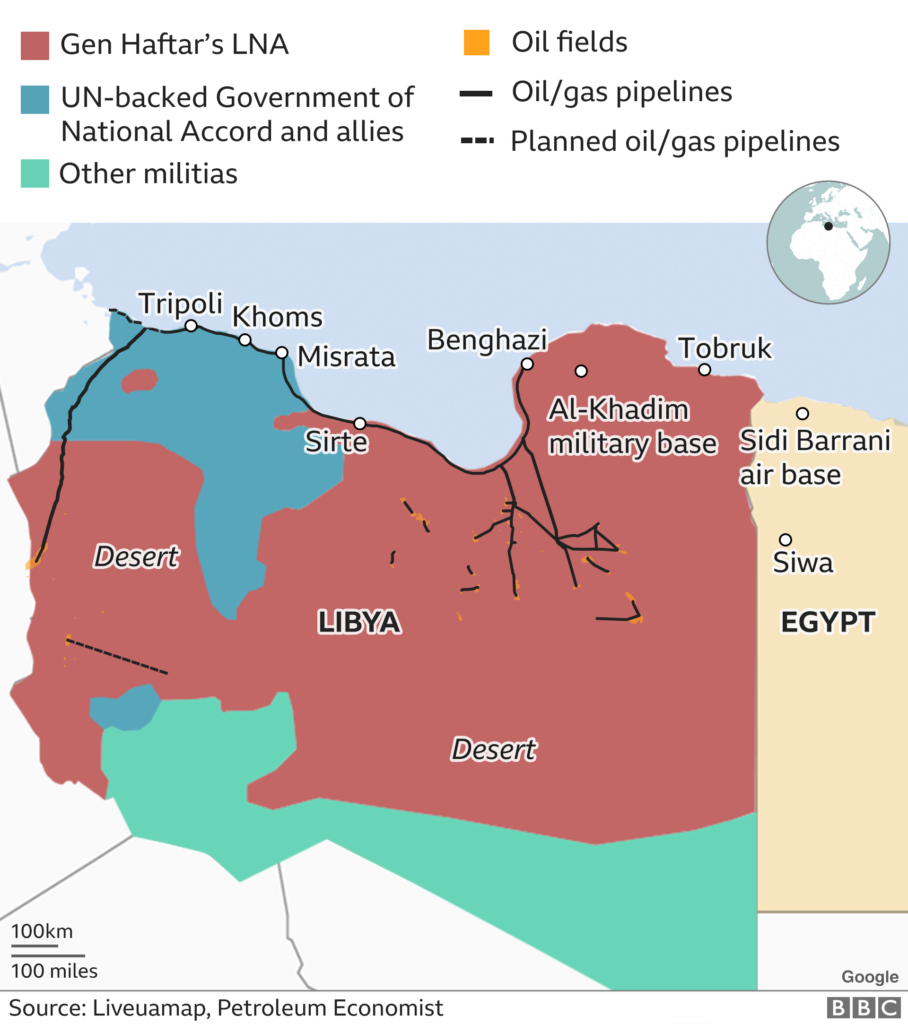
Outlook of Libya Policy in 2025
The political process in Libya remains fragmented and stalled. The repeated postponement of elections and the continued existence of two rival governments have disrupted the transitional phase. Russia’s military presence in eastern Libya has increased, largely due to the redeployment of forces following the downfall of the Assad regime in Syria.
Despite efforts by the international community, the arms embargo remains ineffective, and the flow of weapons and mercenaries into the country persists. However, the recent rapprochement between Türkiye and Egypt holds the potential to ease regional tensions and foster a more constructive environment for cooperation in Libya.

